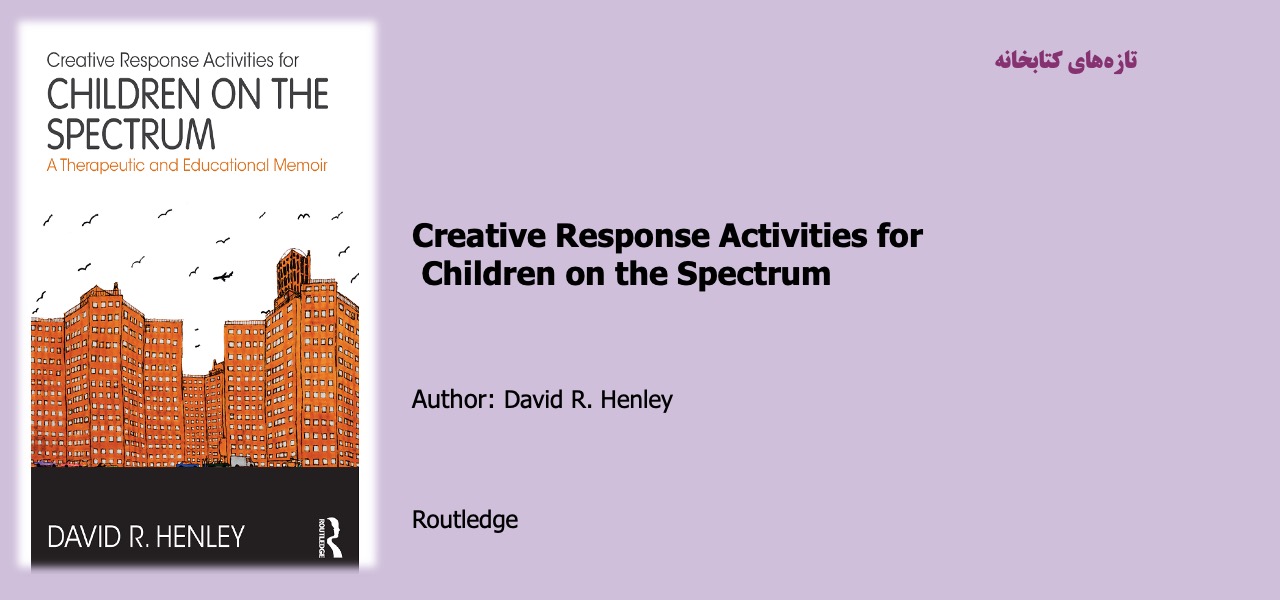
Creative Response Activities for Children on the Spectrum
All of life’s experiences are ephemeral; they are mostly fleeting memories unless preserved in some concrete or virtual form which captures the moment’s resonance. Like the proverbial stone tossed into the pool, the expanding ripples reverberate into experiences that may otherwise be evanescent. Without ‘fixing them in time and space’ this energy eventually dissipates, losing its expansive power. Since time immemorial, humankind has responded to ephemerality by devising creative responses that attempt to record, reflect or commemorate experience through the arts and other activities. Thirty thousand years ago, shamans from the Aurignacian epoch...
مطالعه متن کامل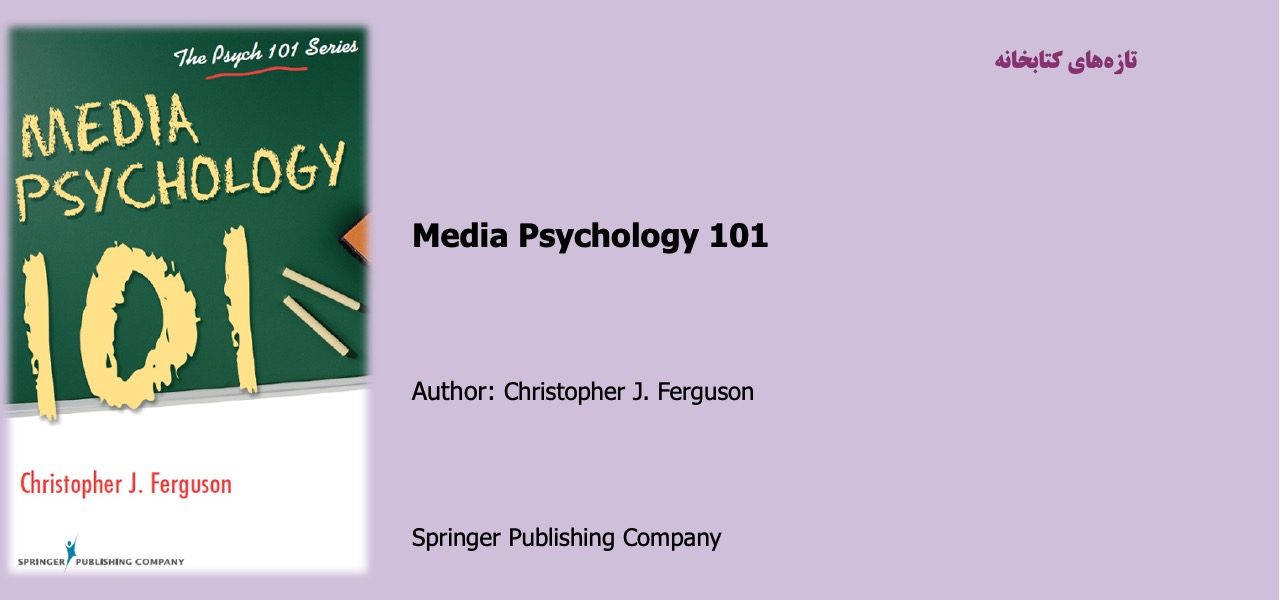
Media Psychology 101
everybody knows that media does or doesn’t (pick one) have a profound influence on our lives and...
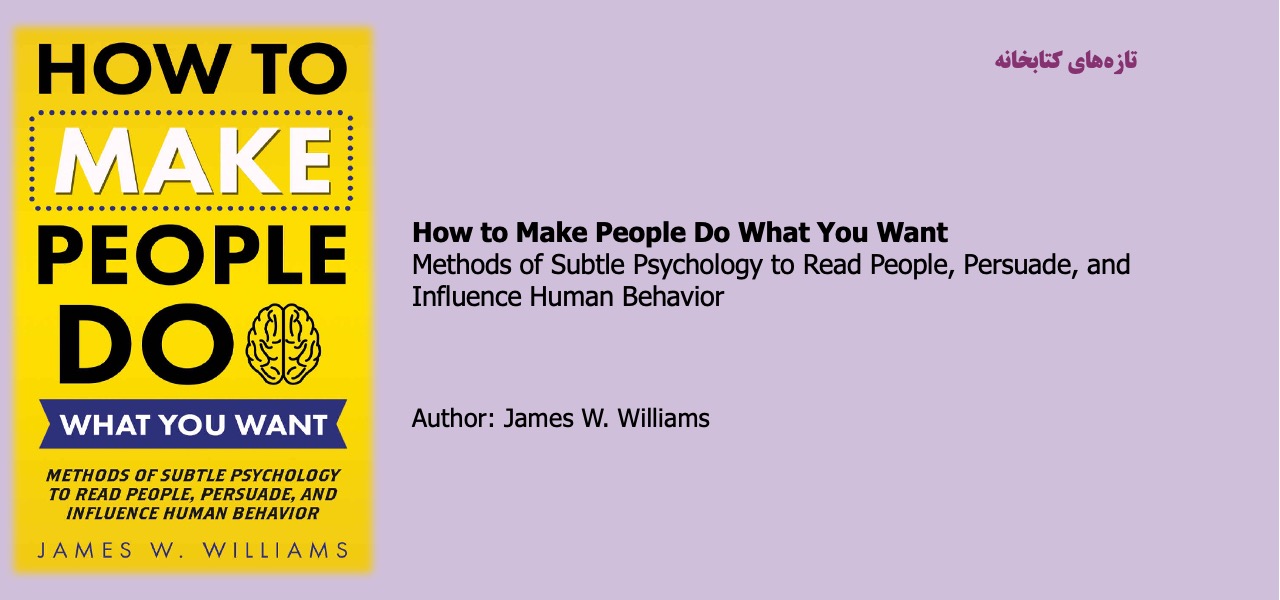
How to Make People Do What You Want Methods of Subtle Psychology to Read People, Persuade, and Influence Human Behavior
Here’s something to get your brain juices flowing. The human race wouldn’t be where it is today...
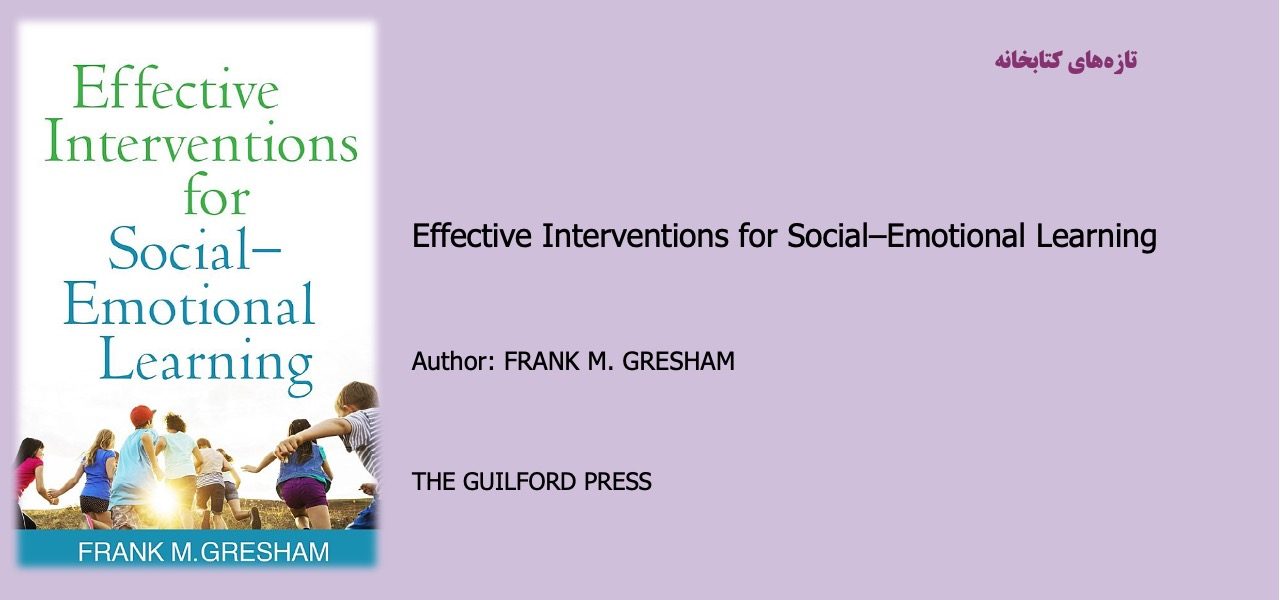
Effective Interventions for Social–Emotional Learning
The purpose of this book is to provide professionals with evidence-based social–emotional assessment and intervention strategies for...
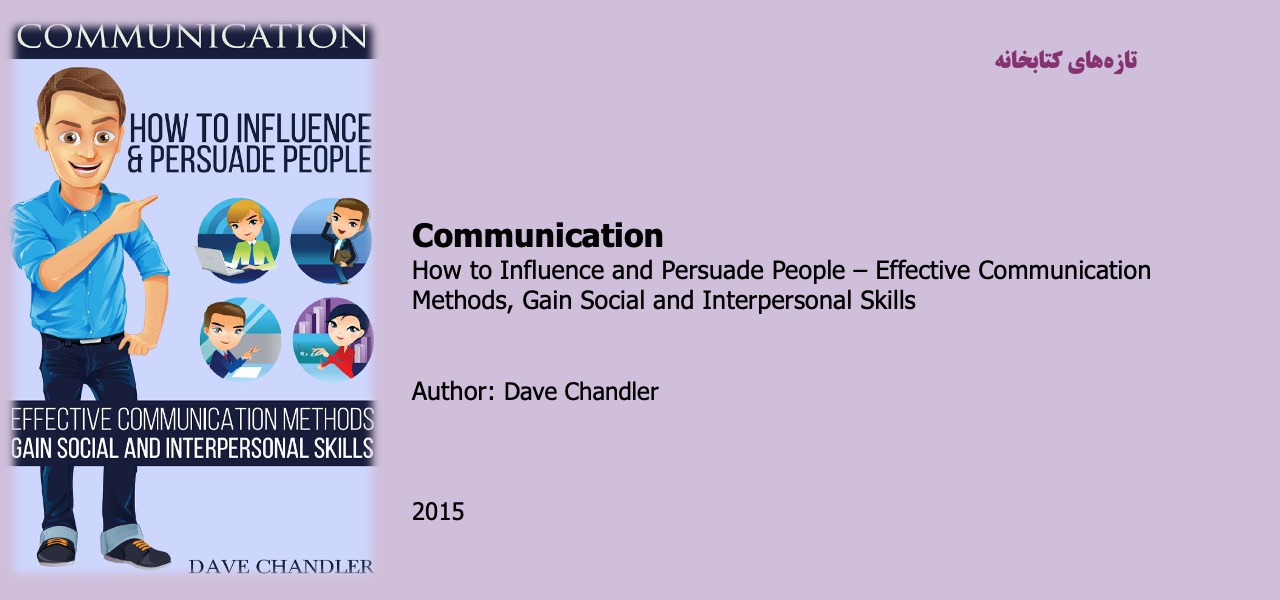
Communication
How to Influence and Persuade People – Effective Communication Methods, Gain Social and Interpersonal Skills I would...
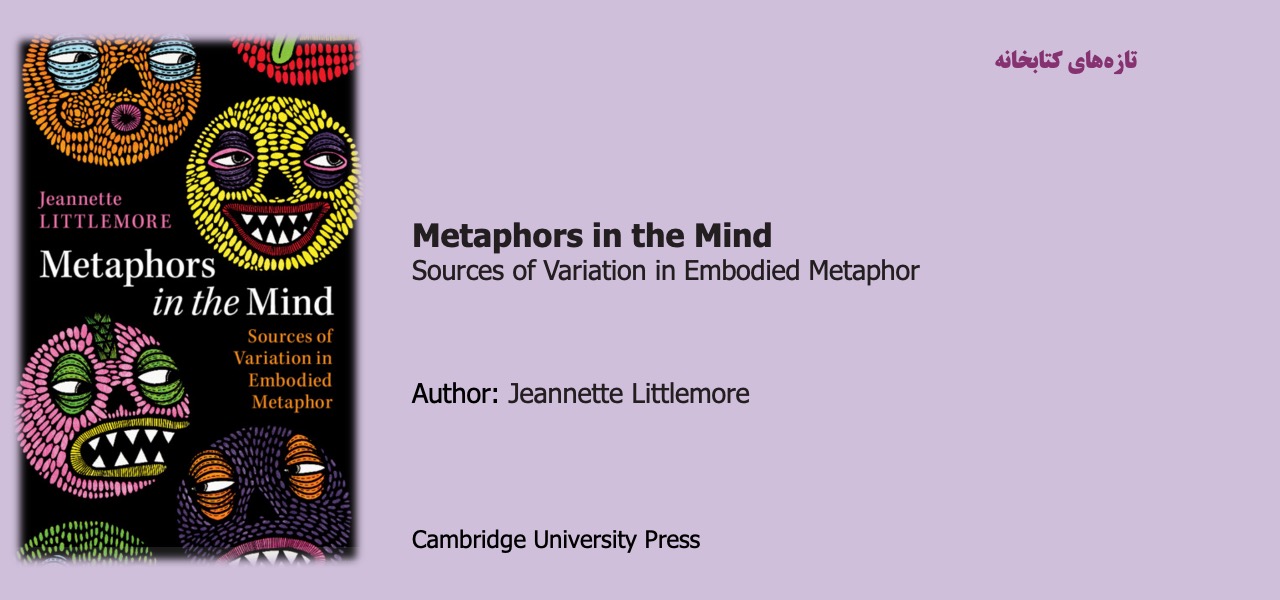
Metaphors in the Mind
Sources of Variation in Embodied Metaphor Abstract concepts are often embodied through metaphor. For example, we talk...
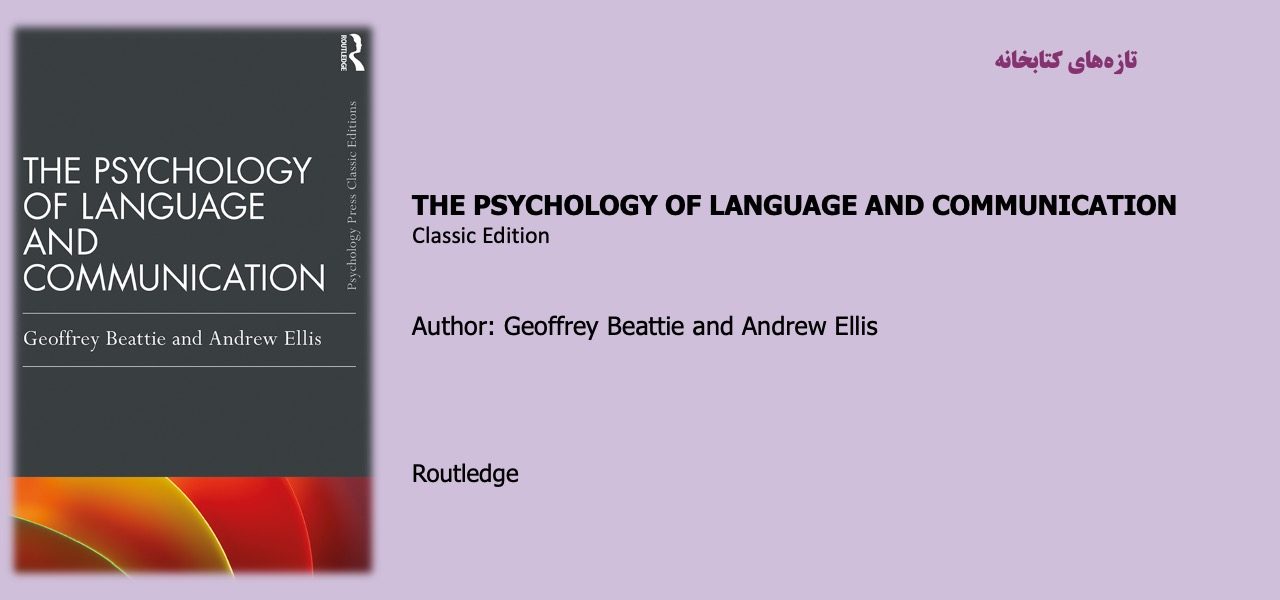
THE PSYCHOLOGY OF LANGUAGE AND COMMUNICATION
Classic Edition The psychology of language and communication is a vast topic – far wider than the...
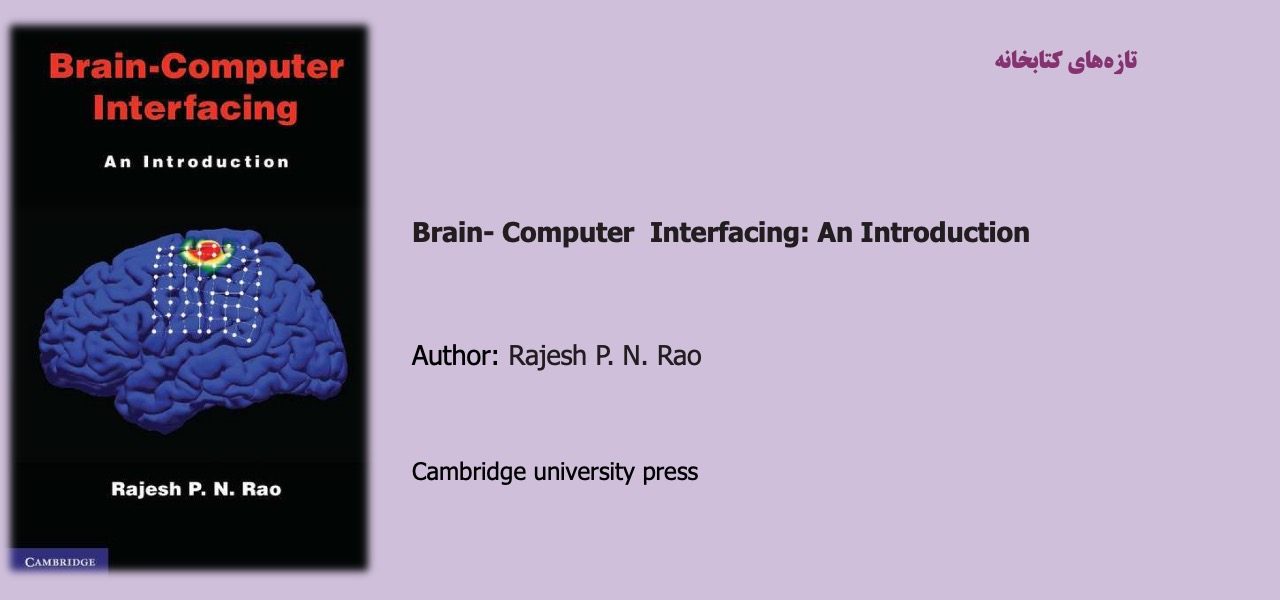
Brain- Computer Interfacing: An Introduction
The book provides an introduction to the field of brain- computer interfacing (the field also goes by...

The Smart but Scattered: Guide to Success
HOW TO USE YOUR BRAIN’S EXECUTIVE SKILLS TO KEEP UP, STAY CALM, AND GET ORGANIZED AT WORK...

